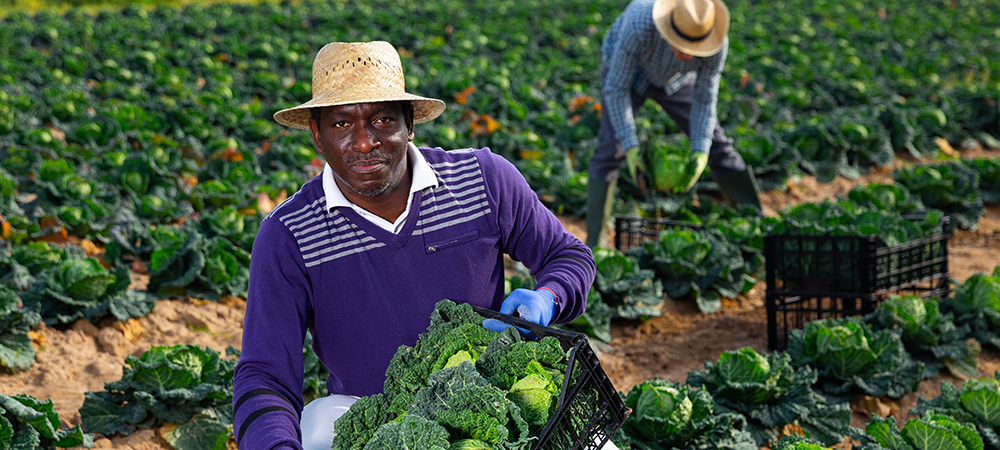The Lemonade Crypto Climate Coalition, the first-of-its-kind, blockchain based parametric crop protection for subsistence farmers, announced the completion of its initial launch. Led by the Lemonade Foundation, the Lemonade Crypto Climate Coalition provided protection for farmers’ livelihoods impacted by weather events during the recent growing season in Kenya.
At the end of the season, those eligible were paid out instantly via smart blockchain contracts. The use of smart contracts enabled fast cash transfers without the need for filing claims, or for human adjusters, lowering costs, and avoiding the often months-long timeline associated with the process.
Alongside additional founding partners, Avalanche, Chainlink, DAOstack, Etherisc, Hannover Re, and Pula, the Lemonade Crypto Climate Coalition offered its non-profit, instantaneous crop protection programme to smallholder farmers in the region at the commencement of the planting season. As a result, nearly 7,000 farmers signed up to protect their crops during the most recent short rains season from October 2022 to January 2023.
Farmers can sign up for the programme, make, and receive payments from their phone, much as they do for banking and payments, which then produces a smart contract hosted on the blockchain. Following the end of a growing season, area yield data is sent on-chain to the application’s smart contracts and, if weather conditions were bad and crops failed, triggers an instant pay out to farmers.
The next phase of the project will focus on the upcoming long rains season in Kenya in April, with plans to scale the programme throughout the region and expand to support tens of thousands more subsistence farmers facing real climate risks to their livelihoods.
Most of these included green grams and sorghum—principal staple foods grown throughout the region, with green grams representing a main food source for much of the population. At the end of the season cash transfers were automatically triggered based on area yield data and sent directly to farmers.


